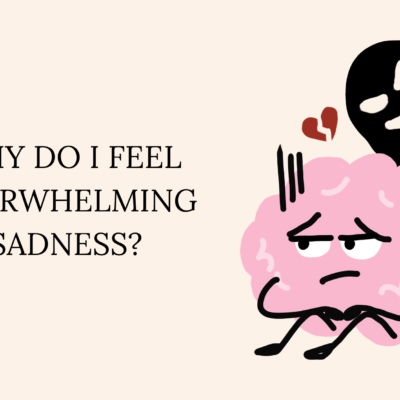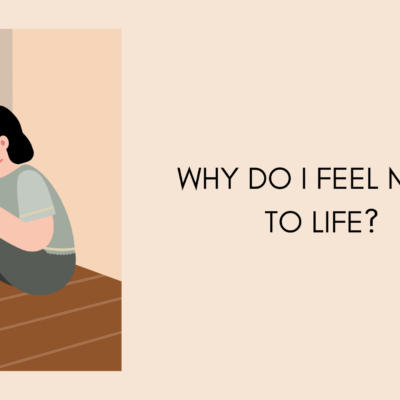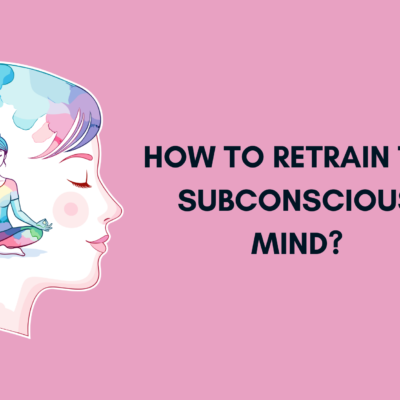Signs of an Emotionally Manipulative Partner: Emotional manipulation in relationships is often subtle. It doesn’t always show up as yelling, name-calling, or overt control. Instead, it creeps in quietly—through guilt, gaslighting, shifting blame, and making you question your reality. Over time, this kind of manipulation can leave you feeling confused, drained, and disconnected from your sense of self.
Recognizing emotional manipulation is not always easy, especially when love is involved. But awareness is the first step toward reclaiming your emotional well-being. This article explores the key signs of an emotionally manipulative partner, how these behaviors manifest, and why it’s important to recognize them early.
Also Read:
What is Emotional Manipulation?
Emotional manipulation is when someone uses deceit, guilt, shame, or other tactics to control your emotions and behavior for their own benefit. It’s a form of psychological control that distorts communication, undermines trust, and compromises emotional safety.
Unlike healthy influence, where both partners respect each other’s boundaries and emotions, manipulation is one-sided. It benefits the manipulator at the emotional expense of the other person.
1. They Twist Your Words and Shift the Blame
One of the most common signs of emotional manipulation is the constant shifting of blame. No matter what happens, the manipulative partner rarely accepts responsibility. They often:
- Twist your words during arguments
- Focus on your “tone” instead of the issue
- Say things like, “I wouldn’t have done that if you hadn’t…”
- Redirect conversations to make you feel at fault, even when you’re not
Over time, this makes you second-guess your perceptions and take responsibility for things you didn’t do.
2. They Use Guilt as a Weapon
A manipulative partner knows how to make you feel guilty—whether you’re asserting a boundary, spending time with others, or simply doing something for yourself.
Examples include:
- “I guess I just don’t matter to you anymore.”
- “After everything I’ve done for you, this is how you treat me?”
- “Wow. Must be nice to not care.”
They may position themselves as the victim, even when they’re the one causing harm. The result is you feeling like the “bad guy” for doing something perfectly reasonable.
3. They Gaslight You
Gaslighting is a psychological tactic used to make someone question their reality, memory, or sanity. An emotionally manipulative partner may:
- Deny things they clearly said or did
- Insist you’re overreacting or too sensitive
- Make you feel like your emotional responses are irrational
- Say things like, “You’re imagining things,” or “That never happened”
The goal of gaslighting is control. When you doubt your own memory or feelings, you’re more likely to depend on their version of reality—and less likely to trust yourself.
4. They Give You the Silent Treatment
The silent treatment is not the same as taking time to cool off after an argument. When used manipulatively, silence becomes a form of punishment and control.
Manipulative silence often looks like:
- Withholding communication for hours or days
- Acting cold or distant without explanation
- Making you feel like you have to beg for connection
- Refusing to discuss issues until you apologize
It’s designed to make you feel anxious, desperate, or guilty—so you give in or change your behavior to regain their affection.
5. They Use Love as a Bargaining Tool
Healthy love is unconditional. It doesn’t fluctuate based on obedience, behavior, or mistakes. Manipulative partners, however, often make affection conditional.
They might:
- Withdraw love or attention when they don’t get their way
- Use phrases like, “If you really loved me, you’d…”
- Threaten to leave or end the relationship when you express a need
- Reward you only when you act in a way that serves their interests
This keeps you walking on eggshells, constantly trying to “earn” their love.
6. They Isolate You From Others
Isolation doesn’t always start with demands. It may begin as subtle discouragement:
- “I don’t like your friends—they’re a bad influence.”
- “Your family doesn’t understand our relationship.”
- “Why do you even need anyone else? You have me.”
Eventually, you may find yourself spending less time with others to avoid conflict. Emotional manipulators thrive on isolation—it limits your access to outside perspectives and support, making you more dependent on them.
7. They Make You Feel Insecure About Yourself
Manipulators often chip away at your self-esteem—not always through direct insults, but through subtle jabs or comparisons.
They may:
- Frequently point out your flaws
- Compare you to others in a way that makes you feel “less than”
- Dismiss your achievements or efforts
- Say, “I’m just being honest,” after cruel remarks
The goal is to make you feel like you’re lucky to have them, even when the relationship is toxic. If you feel “not good enough” or “too broken to leave,” they’ve succeeded in making you emotionally dependent.
8. They Are Overly Charming at First, Then Change
Many emotional manipulators begin with love bombing—excessive compliments, grand gestures, constant contact. This creates an intense bond quickly and makes you feel special.
But over time:
- Their charm fades
- Their behavior becomes inconsistent
- They alternate between affection and rejection
You might find yourself longing for the “old version” of them and trying to get that person back. But this cycle of highs and lows is how they maintain control—by giving just enough affection to keep you hooked.
9. They Dismiss or Mock Your Emotions
Emotionally manipulative partners may invalidate your feelings by:
- Laughing at or mocking your emotional responses
- Saying you’re too dramatic or “crazy”
- Getting annoyed when you express hurt or discomfort
- Minimizing your struggles with, “That’s not a big deal”
This trains you to suppress your emotions and stop bringing up issues—because every time you do, you’re met with rejection or ridicule.
10. They Turn Conflict Into a Test of Loyalty
A manipulative partner may frame every disagreement as a betrayal rather than a difference of opinion.
For example:
- “If you’re really on my side, you’d support me no matter what.”
- “So you’re choosing them over me?”
- “You always take other people’s side.”
This makes healthy conflict impossible. Instead of resolving the issue, the focus shifts to your loyalty, and you’re left feeling guilty for disagreeing.
11. They Keep Score and Use the Past Against You
Healthy relationships involve forgiveness and moving forward. Manipulative partners, however, often keep a mental scoreboard of everything you’ve ever done wrong.
They may:
- Bring up your past mistakes in every argument
- Use old situations to justify current mistreatment
- Say, “Remember that time you…?” as a weapon
This prevents healing, keeps you in a constant state of guilt, and justifies their current behavior by your past errors—no matter how long ago they happened.
12. You Feel Drained, Confused, or Like You’re “Losing Yourself”
Perhaps the most telling sign of emotional manipulation is how you feel in the relationship:
- You’re constantly second-guessing yourself
- You feel anxious when your partner is upset
- You’ve stopped expressing your needs or opinions
- You feel like you’ve lost your identity or confidence
- You fear the relationship ending, even though you’re unhappy
Manipulation often erodes your sense of self. You begin to prioritize keeping the peace over being authentic. You shrink yourself to avoid conflict. You start to wonder if you’re the problem.
You’re not.
Why People Manipulate
Understanding why someone manipulates doesn’t excuse their behavior—but it can provide clarity. Manipulation often stems from:
- Insecurity or fear of abandonment
- Need for control or power
- Learned behavior from past relationships or upbringing
- Emotional immaturity
- Narcissistic tendencies or personality disorders
It’s not your job to fix or heal a manipulative partner—especially if they’re unwilling to take responsibility or change. Your responsibility is to protect your own emotional well-being.
What You Can Do If You Recognize These Signs
- Trust your instincts: If something feels off, it probably is.
- Document patterns: Writing down incidents can help you see patterns clearly and stay grounded in facts.
- Set boundaries: Calmly assert your needs and limits. Observe how your partner responds.
- Seek support: Talk to a therapist or trusted friend who can offer perspective without judgment.
- Educate yourself: Read about emotional abuse and manipulation to strengthen your understanding.
- Decide your next steps: Leaving a manipulative relationship can be difficult, but staying in one long-term is often emotionally damaging.
Final Thoughts
Emotional manipulation doesn’t always leave bruises—but it wounds deeply. It confuses, controls, and isolates. But the good news is: once you see it, you’re no longer fully under its power.
If you recognize these signs in your relationship, know this:
- You are not weak for being affected.
- You are not overreacting.
- You are not responsible for their behavior.
You deserve a relationship built on honesty, respect, and emotional safety. Anything less is not love—it’s control.
And you always have the right to choose yourself, your healing, and your peace.






